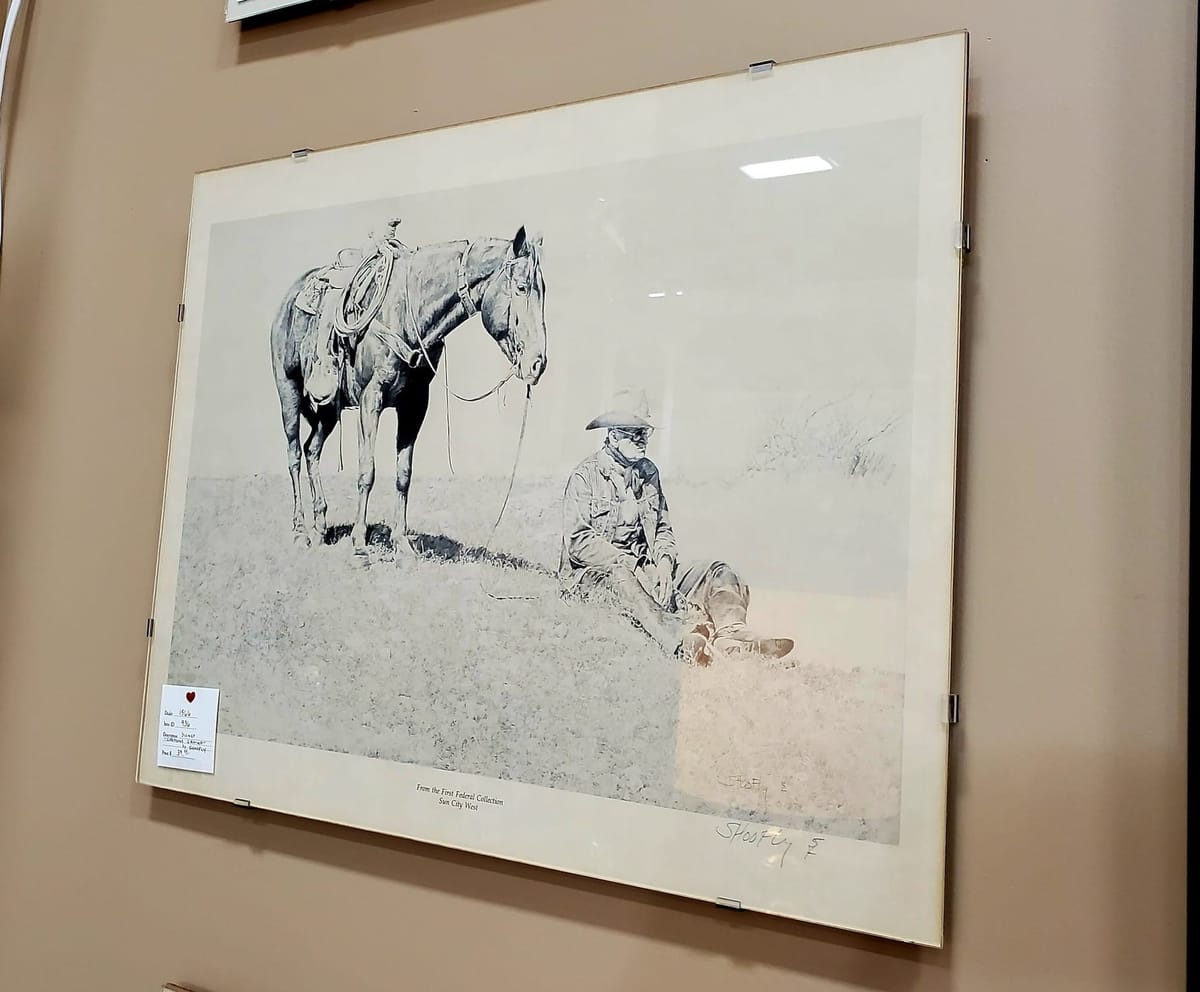Navigating Legal Boundaries: Items You Can't Sell in Your Antique Booth

Launching an antique booth is an exhilarating venture, but it's crucial to navigate legal considerations to ensure a smooth and compliant business operation. While the antique market celebrates the beauty of the past, there are legal boundaries that dealers must respect. Here's a guide to help you understand what items are generally not legal to sell in an antique booth:
- Counterfeit Goods
Selling counterfeit or replica items is illegal. Ensure that all items in your booth are genuine and accurately represented in terms of age, origin, and authenticity. - Endangered Species and Wildlife Products
The sale of items made from endangered species, such as ivory or certain animal hides, is strictly prohibited. Familiarize yourself with international and local laws regulating the trade of wildlife products. - Stolen or Illegally Obtained Items
Selling stolen or illegally obtained antiques is a criminal offense. Always verify the provenance of items in your inventory and exercise due diligence to prevent unwittingly dealing in stolen goods. - Items with Hazardous Materials
Products containing hazardous materials, such as lead-based paint or unsafe electrical components, should not be sold. Ensure that items meet safety standards and comply with regulations. - Recalled Items
Avoid selling items that have been subject to recalls, especially those related to safety or health concerns. Stay informed about product recalls and promptly remove affected items from your booth. - Cultural Heritage and Native Artifacts
Selling cultural heritage or Native American artifacts without proper documentation or approval is against the law. Respect the cultural significance of these items and ensure compliance with regulations. - Human Remains and Grave Artifacts
The sale of human remains or artifacts from gravesites is illegal and ethically sensitive. Avoid dealing in such items, and be aware of the cultural and legal considerations surrounding human remains. - Counterfeit Currency and Coins
Selling counterfeit currency or coins is illegal. Be knowledgeable about authentic currency and coins to avoid unintentionally dealing in counterfeit items. - Obscene or Offensive Material
Refrain from selling items that contain explicit or offensive content. This includes sexually explicit materials, hate speech, or any items that could be deemed culturally insensitive. - Items with False Advertising
-Misrepresenting the age, origin, or condition of an item constitutes false advertising. Be transparent in your item descriptions and avoid making false claims about your products. - Pharmaceuticals and Medical Devices
Selling prescription drugs, pharmaceuticals, or unapproved medical devices is not legal without the appropriate licenses. Antique booths are not typically licensed to sell such items. - Copyright-Infringing Items
Selling items that infringe on copyright or intellectual property rights is against the law. Ensure that any reproductions or items with copyrighted material are legally acquired and sold. - Flammable Items
Items that pose a fire hazard, such as old lamps with faulty wiring or highly flammable materials, should not be sold. Prioritize the safety of your customers and comply with fire safety regulations.
Understanding and adhering to these legal boundaries not only ensures compliance with the law but also fosters a trustworthy and ethical business. Stay informed about local regulations and consult legal professionals if you have questions about the legality of specific items in your antique booth. By operating within legal parameters, you can build a reputable and sustainable antique business.





